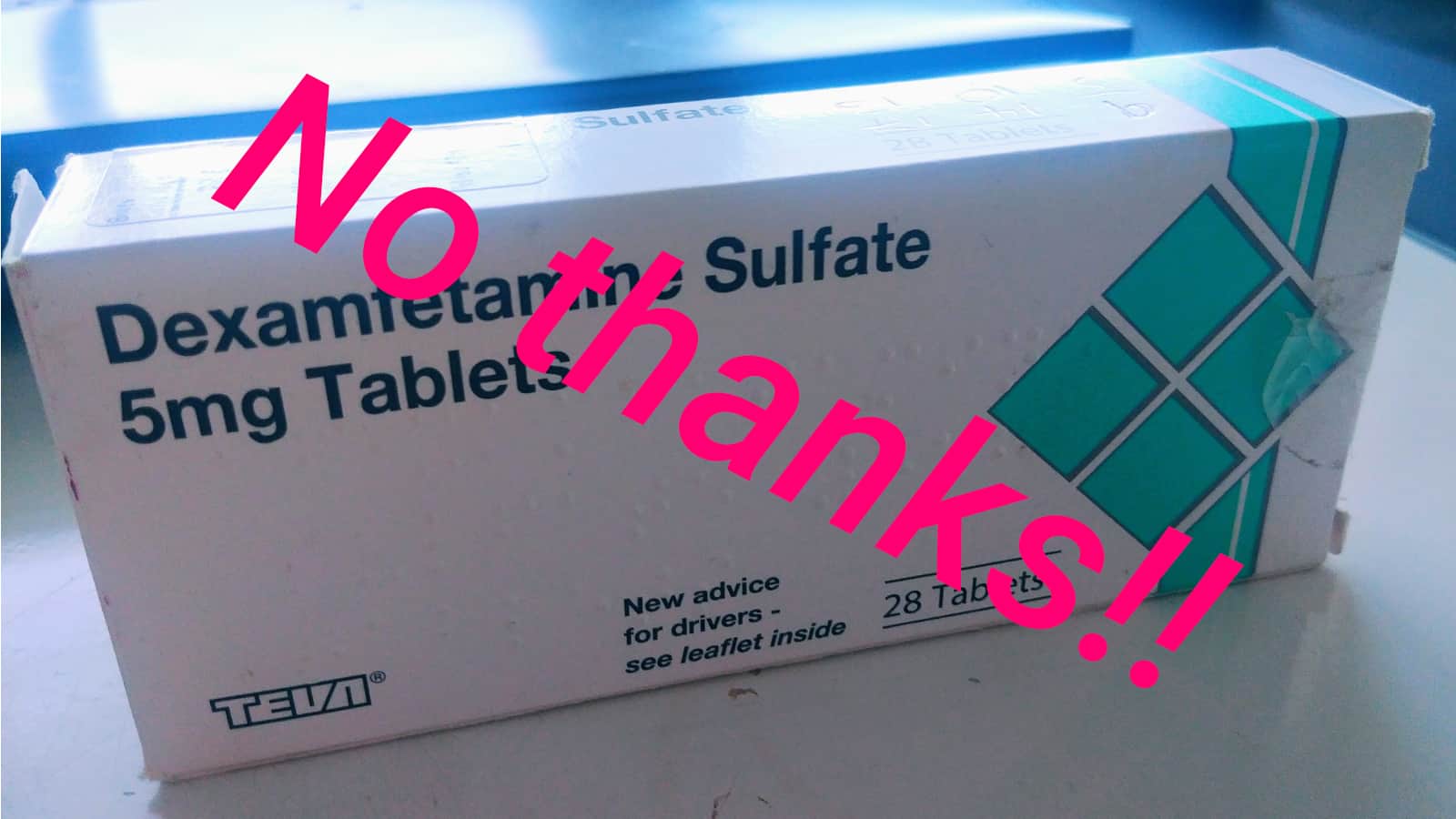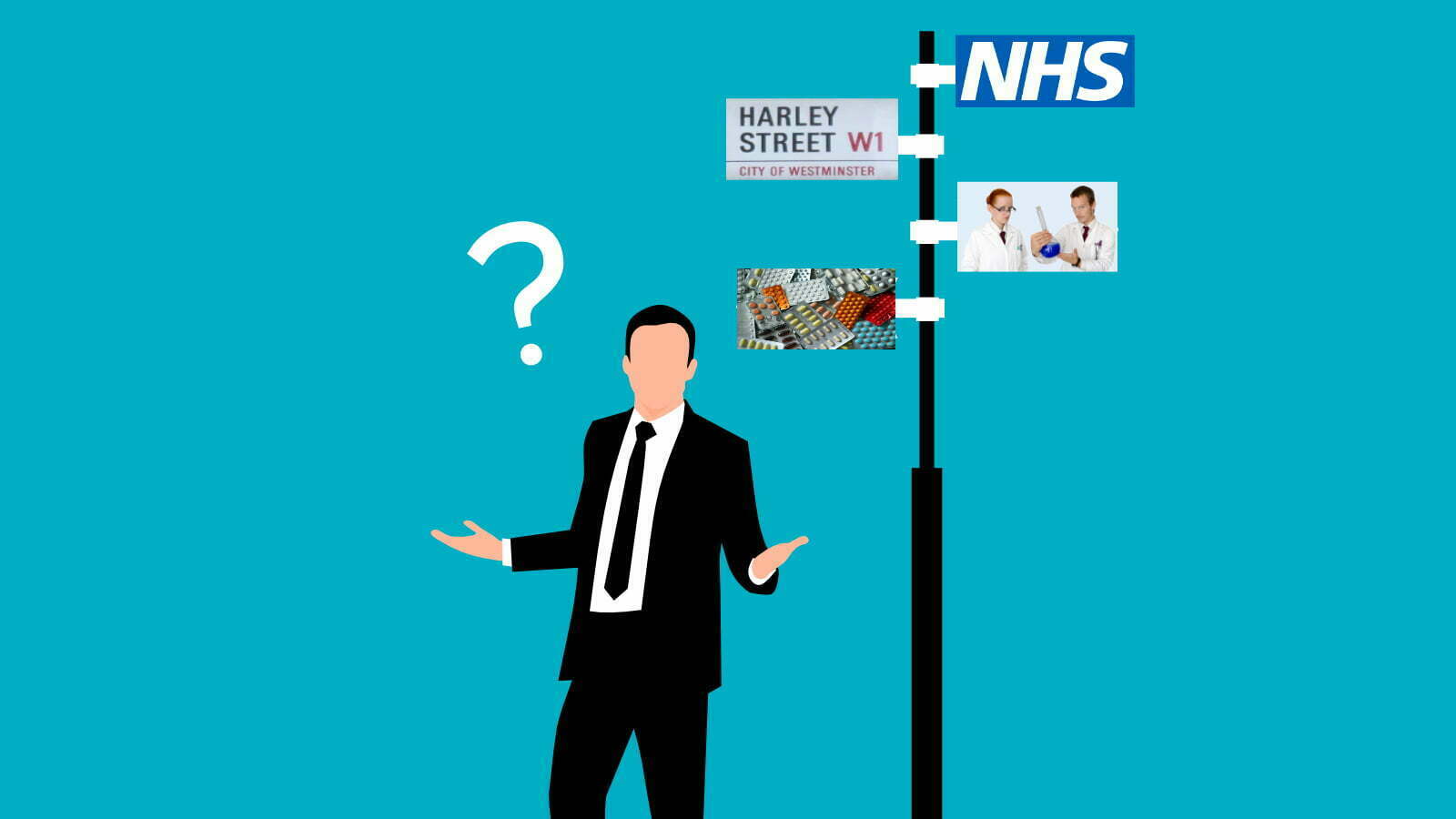ADHD Diagnosis Journal: Meds failed back to plain me 4of4
Clients see real wins in weeks - focus develops, goals stick, success grows

I am now completely off ADHD medications, and will be I think for good. Maybe one day I will check again if a new non-stimulant version based on a non-stimulant like THC or Histamine appears. It was an expensive and rough ride trying out such a variety of ADHD medications, always hoping that one would “fix” me. They never did: Ef*, Bu*, Gu*, Co*, Ri*, De*, Ad*, El*, St*, Mo* and supplements ranging from tyrosine, ginko, sarcosine, omega oils to l-phenylalanine. They variously helped and hindered but never to a significant extent, I ended up being plain old me. Certainly with a healthier diet, a happier life but still me with my very bored ADHD. But to bring you up to date on the diagnosis journey:
Did not like this one at all, though I lasted six weeks. Started at 40mg, then moved up to 80mg. St* takes around four weeks to reach full effectiveness, it acts more like an anti-depressant, than a stimulant. It was subtle, barely perceptible.
Small improvement in focus and motivation initially, but then it caused two unacceptable side effects. My mood just felt flat and then, I had “male” problems, that was too much. I have read of and spoken with many men since then with similar sexual/urinary/libido issues from St*. I’m definitely not a fan. I stopped taking ADHD medications for a couple of years, to gain courage and energy to try again.
I returned to De* with a private psychiatrist for around a year. It was definitely my favourite ADHD medication. I usually only took 5/10mg per day, but it helped set my mood, made me feel more steady, focused and to set my direction positively for the day. Often however when I took it I could feel my heart flutter, sometimes I became short of breath. I grew concerned about taking it for my health. When I moved home, my new GP practise refused to prescribe me due to their “inexperience” with De*. Frustrated and exhausted with the struggle – I gave up. So I took my last de* pill, my final ADHD medication in August 2014.
It was a long and very expensive experience getting thrice diagnosed and trying so many medications. I have to look at my medical ADHD experience as a failure. A failure of the NHS to invest in helping people, truly in need of help. A failure of doctors to stay abreast of current scientific understanding. A failure of ADHD medications to be sufficiently targeted to help me.
I certainly don’t think my story should put anyone else off from taking their own diagnosis journey. I have coached many adults who receive great help and benefits from ADHD medications – but not all. What happens after ADHD diagnosis should by no means be exclusively about stimulant medication: Every ADHD adult is helped by the knowledge that they are ADHD. The insights gained, the new hope offered, the recognition and acceptance of being different, the helpful information and support that come with the label – are all guaranteed to help, sadly as yet the same can’t be said for ADHD medications
Andrew Lewis is an Adult ADHD Coach, writer and founder of SimplyWellbeing. He has over 16,000 hours of experience in coaching over 600 adults with ADHD. Andrew helps entrepreneurs and creatives with ADHD thrive and achieve wellbeing and is always happy to have a free chat to discuss coaching. Andrew ran a major ADHD support group and even an ADHD diagnostic clinic for a while. Andrew is an adult ADHD Coach backed with business expertise from a twenty years career in software, from roles in programming, through marketing, sales at IBM, then to running a few software start-ups.

